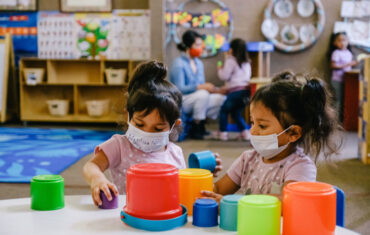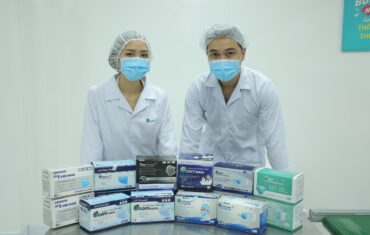The lack of protective suits has front-line health care providers worried. They fear getting infected by the patients they care for. Then passing on the infection to their own families. The personal protective suits that was in dangerously short supply during coronavirus crisis in the U.S. They are running low again as the virus resumes its rapid spread and the number of hospitalized patients climbs.
The Louisville Courier-Journal reported last week that governors across the USA were in bidding wars to obtain PPE. The equipment is not only difficult to find, it carries a high price when found. Demand for N95 masks could rise threefold to 56 million this year, according to a survey by Premier, a health care consulting company. About 86% of U.S. hospitals worry about access to PPE including protective suits, the company said.
Shortages begin to reappear
In general, supplies of protective gear are more robust now. And many states and major hospital chains say they are in better shape. But medical professionals and some lawmakers have cast doubt on those improvements as shortages begin to reappear. A national nursing union concern that they may reuse protective suits. A doctors association warns that physicians’ offices are closed because they cannot get masks and other supplies. And Democratic members of Congress are pushing the Trump administration to devise a national strategy to acquire and distribute gear in anticipation of the crisis worsening into the fall. Smaller hospitals and medical practices lacking a secure supply chain and the funding to purchase new equipment are particularly struggling to access PPE. Some physicians say they’ve paid inflated prices for the gear on websites such as Amazon.
Temporary solutions
The Federal Emergency Management Agency, or FEMA, controls the nation’s stockpile of protective equipment. As of June 10, FEMA had distributed or directed private companies to distribute gear including 74 million N95 masks and 66 million pairs of hand coverings. The agency said it changed its distribution method to send more equipment to places that needed it most. All U.S. states and territories have received some protective suits from FEMA. But The Associated Press study of the agency’s own data found that the amounts varied widely when measured by population and the number of confirmed COVID-19 cases
Protective suits shortages also mean that non-Covid patients in some areas are facing delays in needed care, the Times reports. The American Medical Association (AMA) has said PPE shortages have further delayed some medical specialists from reopening their offices. Medical experts say the shortages are partly due to the fact that the United States is largely dependent on foreign medical manufacturers. And, according to the Times, the few American manufacturers that make PPE say they’re already producing the supplies at maximum capacity.






